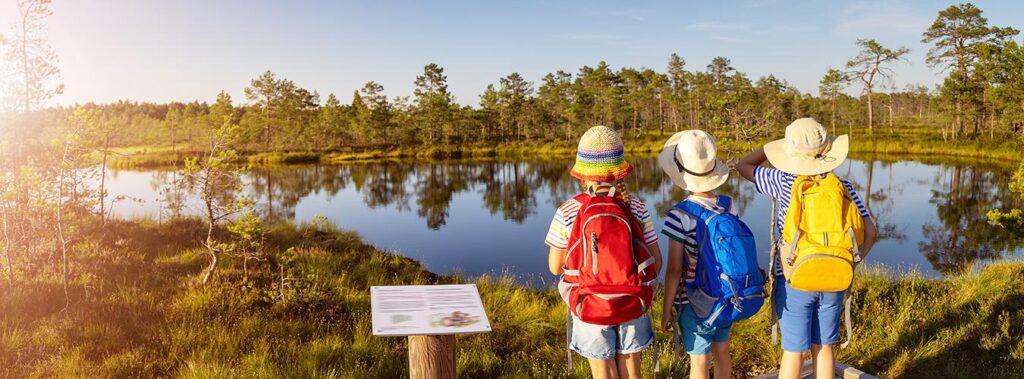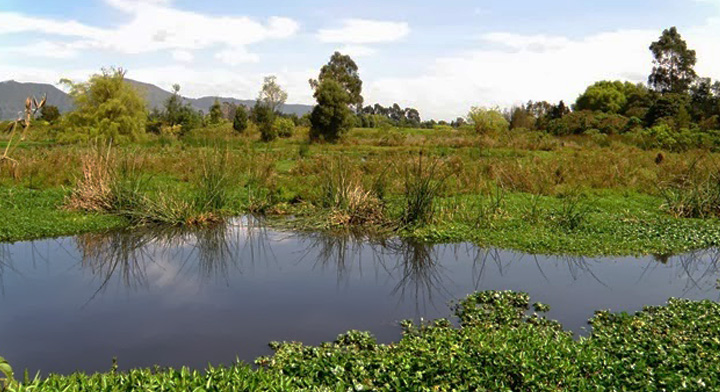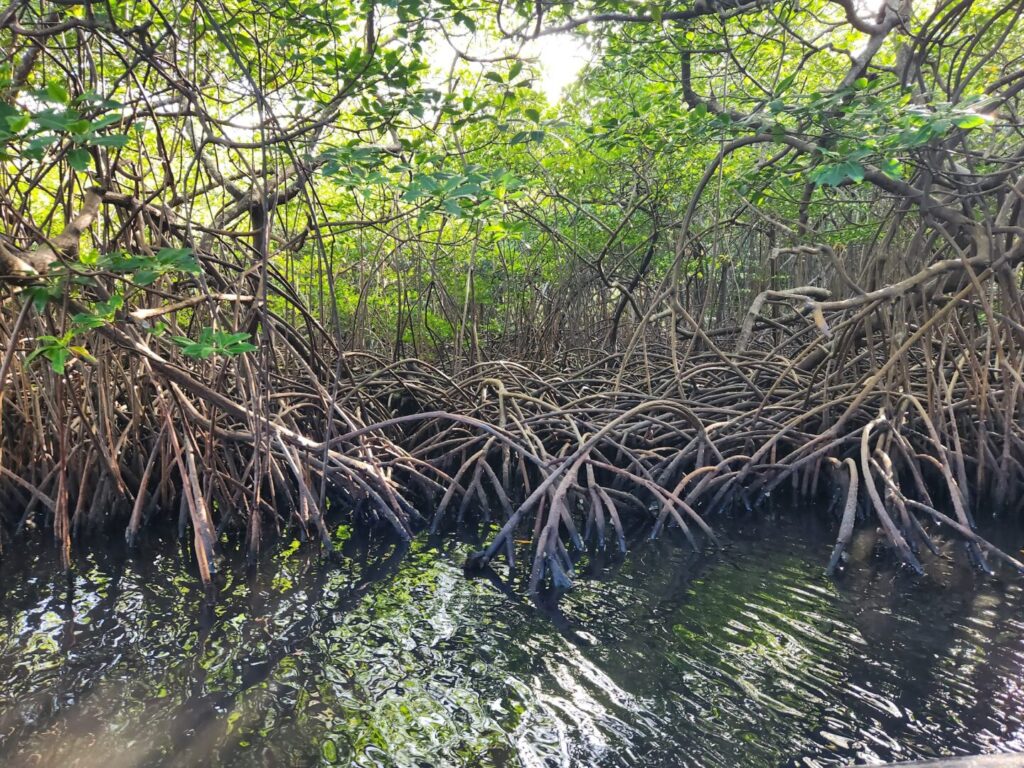The wetlands are fragile ecosystems that provide enormous benefits to the planet and the biodiversity that inhabits it, so it is important to care for, conserve and restore them.
This February 2 marks the commemoration of the World Wetlands Day. The UN emphasizes that the wetlands include freshwater, marine and coastal ecosystems, lakes and rivers, subway aquifers, swamps and marshes, wet grasslands, peatlands, oases, estuaries, deltas and marshes, mangroves and other coastal areas, coral reefs, and man-made sites such as fish ponds, rice fields, reservoirs and salt pans.
These aquatic environments play a vital role in the sustainability of life in the Earth. Its importance transcends geographical boundaries and is intertwined with crucial aspects of biodiversity, the water cycle, climate change mitigation and human subsistence.
"They represent one of the most valuable ecosystems on Earth, indispensable to humans and nature for the benefits and services they provide. Although they cover only about 6% of the Earth's surface, they are home to 40% of all plant and animal species," says the UN.
Its biological diversity is crucial for human health, food supply, transportation, and economic activities that generate employment, such as fishing and tourism, added the United Nations.

These aquatic habitats serve as refuges and nurseries for an amazing variety of life, from migratory birds to fish, amphibians and plants adapted to aquatic conditions. The biological richness of the wetlands is not only a sight to behold, but also plays a critical role in the health and balance of the surrounding ecosystems.
According to the INEGIIn 2017, wetlands occupied about 6.2% of the territory of the country. Mexicocovering an area of approximately 27.8 million hectares.
The government of Mexico The country has 142 sites designated as "World Heritage Sites". Wetlands of International Importance (Ramsar sites), with an area of 8 million 657,057 hectares.

The importance of wetlands
The wetlands act as filters and purifiers, making them silent guardians of the surrounding water bodies by absorbing sediments and nutrients, thus contributing to maintaining water quality. This ecosystem service not only benefits aquatic life, but also has a direct impact on human health by providing clean water for drinking and agriculture.
In addition, these ecosystems serve the function of flood control. During heavy rains, these ecosystems have the unique capacity to absorb and retain large amounts of water, acting as natural sponges that reduce the risk of catastrophic flooding. This capacity not only protects nearby human communities, but also contributes to the stability of river and lake ecosystems.
These ecosystems also play a crucial role in the mitigation of climate change. climate changeThe carbon storage capacity of the soil, due to its capacity to store large amounts of carbon in the form of organic matter.
Endangered ecosystems that we must protect
Due to various human-induced factors, such as destruction for activities such as agriculture, aquaculture and construction, overfishing, overexploitation of resources and climate change, wetlands have suffered enormous deterioration. It is estimated that in the last 50 years, 35% of the surface area of these ecosystems has been lost worldwide.
"This vicious cycle of disappearing wetlands, threatened livelihoods and deepening poverty is the result of a mindset that wrongly views wetlands as mere wastelands rather than as sources of life, jobs, income and essential ecosystem services," the UN says.
One of the key challenges to protecting these ecosystems is to change people's mindsets and encourage governments and communities to value and prioritize them.
For all the ecosystem services they provide to the planet and to those of us who inhabit it, wetlands are environmental treasures that deserve our appreciation and protection; the health of our planet and the survival of many species, including our own, depend on them.
The preservation of the wetlands is not only an act of responsibility towards nature, but also a commitment to the sustainability and the well-being of present and future generations. The conservation of these aquatic guardians must be a global priority, a reminder that the protection of nature is the protection of our own existence on this delicate and wonderful planet.


